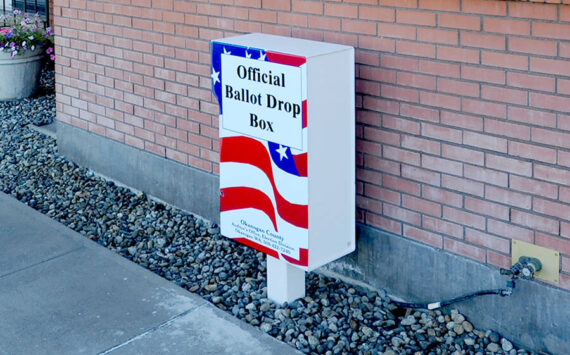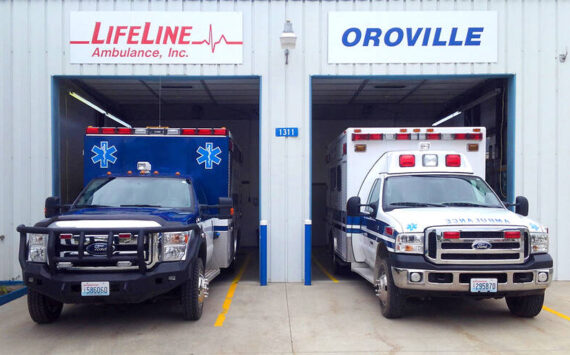OROVILLE – Requiring 1080 teaching hours at high schools throughout the state could be problematic for Oroville, eliminating in-service training time for teachers, late start Mondays and early releases, among other things.
“We made it clear we needed training days back in there with a gradual increase to include more in the future,” said Rocky DeVon, who started last Monday’s school board meeting via teleconference, along with fellow board member Todd Hill.
The two had just travelled back from Olympia where they attended a Washington State School Directors Association conference and met with state legislators.
Th two who rejoined the meeting in the board room, gave a short recap of their trip at the end of the Monday, Jan. 27 meeting.
While the high school hours were increased by the legislature, they weren’t for the lower grades. If Oroville goes to the new hours in the high school the elementary would probably have to as well because the district could not afford to double up bus runs to accommodate students going to school at different times, according to Superintendent Steve Quick.
He added that there was a “just say no” attitude to the legislature adding teacher’s requirements, especially when they are taking away training time by requiring extra teaching hours.
“There’s a real rural/urban divide. Some of the urban school district where the students are within five miles of the schools can run two buses, but that wouldn’t be practical for us,” said DeVon.
The McCleary decision requiring the legislature meet its constitutional requirement to fund schools reigns over everything over issue, according to DeVon.
“Some legislators want to pull schools out into a separate budget where nothing gets funded until schools are… saying that’s the paramount duty of the legislature,” DeVon said. “There is a push saying we need more local control. Every school district runs differently.”
Hill said that Sen. Linda Parlette (R-12th District) was very interested in knowing what the rural and urban challenges were for school districts.
“The biggest thing they are reiterating is they have to hear from us,” said Hill.
The two board members also discussed the push to change the way the state takes back federal timber dollars earmarked for rural schools with large amounts of federal timberland.
Earlier Shay Shaw, the district’s business manager said that was legislation aimed at stopping the state’s practice of taking an equal amount of basic education money from school receive the apportionment.
“We’re the only state that does that,” said DeVon. “It is on the top ten of WSSDA’s list.”






